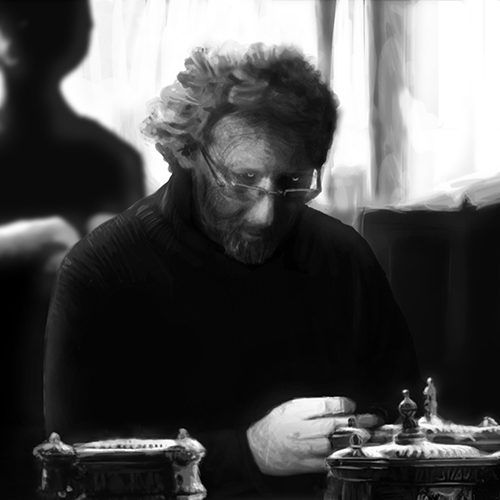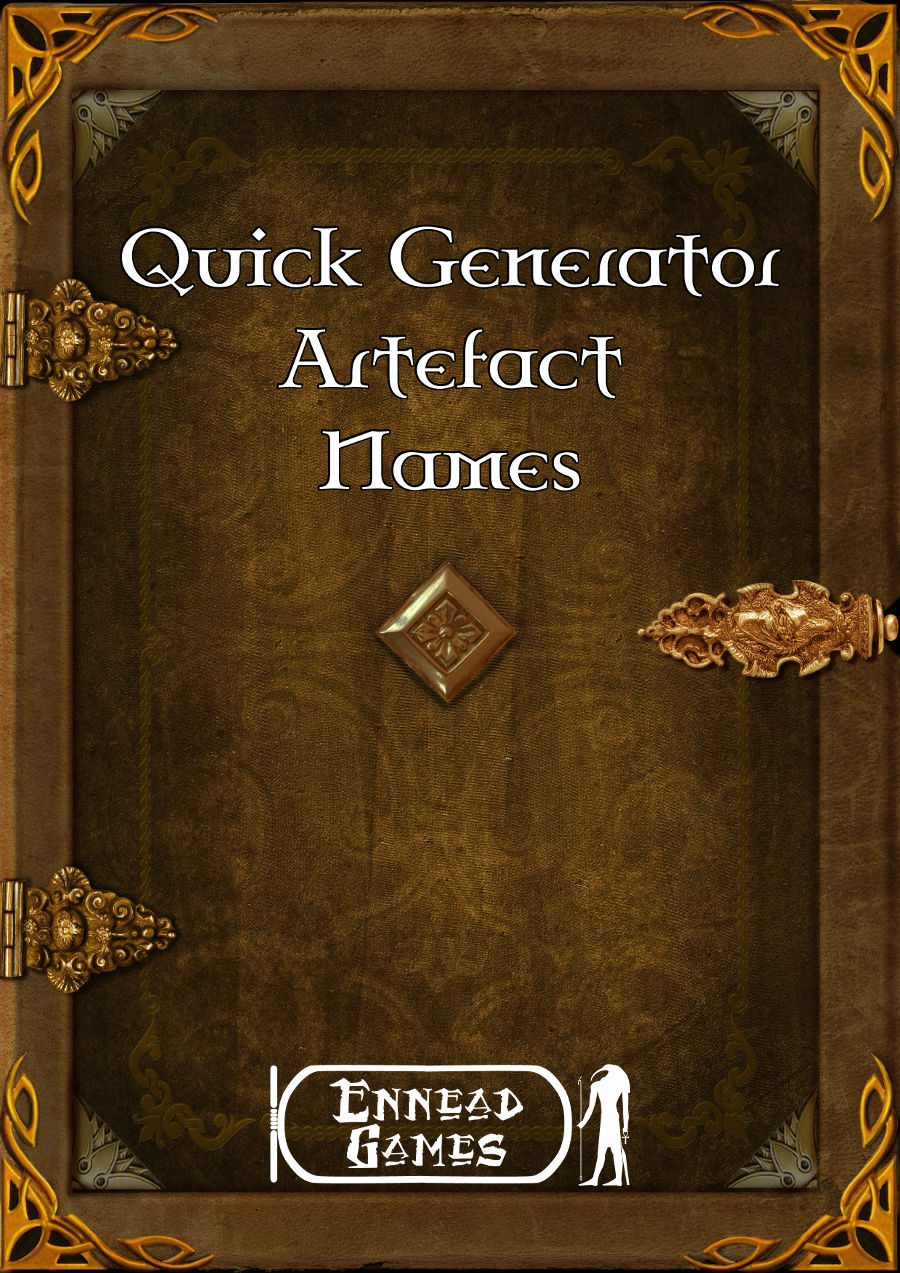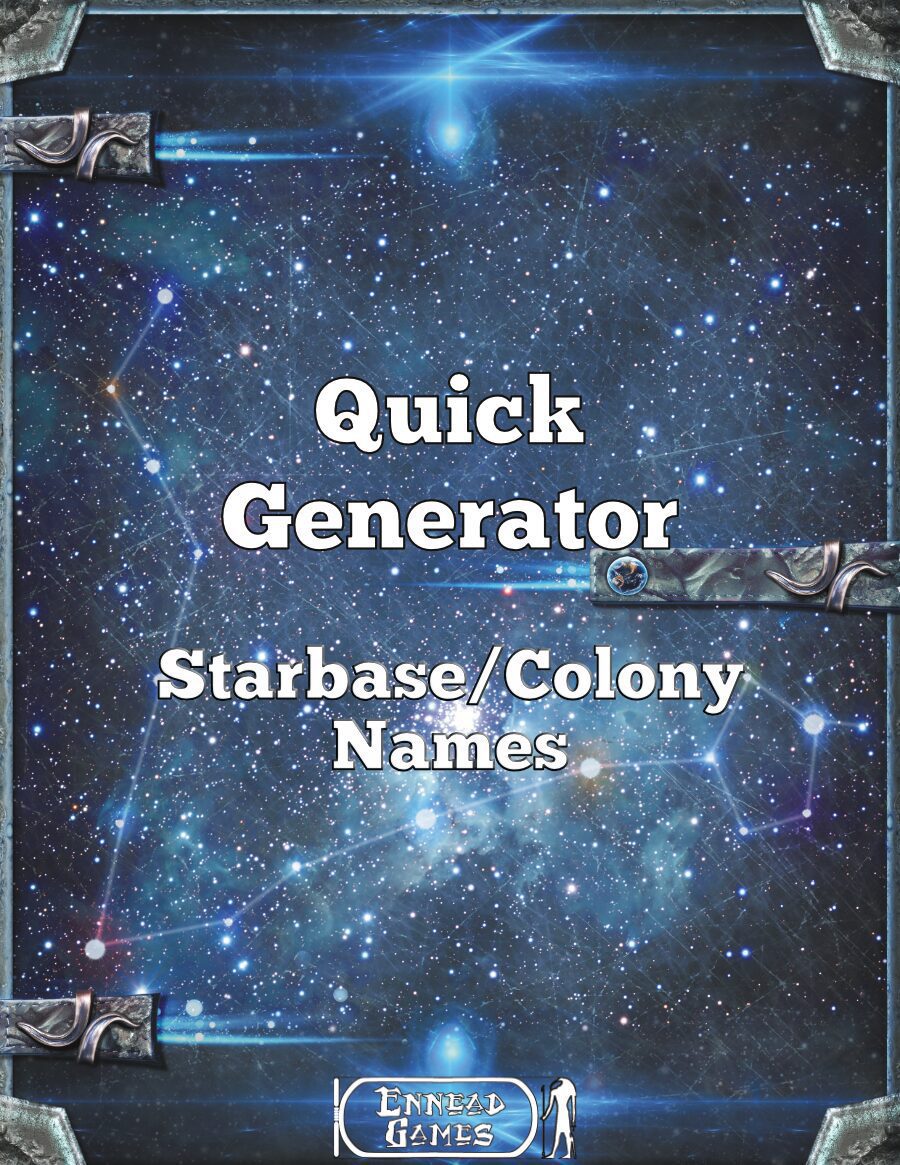
Story Sparks: Seven Principles of Storytelling.
Phil Nicholls blogs at Tales of a GM, where he writes about narrative gaming, faster prep and more story. He is currently running a HeroQuest Glorantha campaign in a home-brew setting. Phil has written for Johnn Four’s Roleplaying Tips newsletter and has a selection of self-published pdfs.
This essay is taken from the archives at Tales of a GM.
http://talesofagm.com/
Roleplaying is a game about story, but the rule books rarely explore how to maximise the story within the game. One indie book to do this is Spark RPG by Jason Pitre.
Spark RPG
Spark was designed by Jason Pitre, and published by Genesis of Legend Publishing in 2013. This storytelling RPG spotlights building worlds and challenging the characters’ beliefs within those worlds. The introduction describes the game as follows:
The Spark RPG is about imagining, building, and exploring fictional worlds. It gives you all of the tools and guidance you need to create an evocative and engaging Setting. It shows you how to find inspiration and collaboratively build a world with your friends. Most importantly, it teaches you how to create a place that each of you find compelling.
The game is purpose-built to foster creating dynamic, custom Settings. You can work together to create a world that interests all of you, one that gives you a context for rich stories.
Seven Principles
Ours is a diverse hobby, and Players want different things from a game. I want a story which emerges collaboratively at the table. My current HeroQuest campaign provides this for me. Yet, as I read through RPG rules for pleasure, it is clear that many games reference the importance of story without providing a satisfying explanation of how to help it emerge. Spark RPG is one game which does address this issue.
Jason outlines seven principles of storytelling:
- Keep the Story Moving
- Say Yes, or Roll the Dice
- Ask the Players Questions
- Challenge Their Beliefs
- Share your Energy and Creativity
- Be Good to Each Other
- Take Risks and Escalate Conflicts
These principles apply to everyone at the table, Players and GM alike. This essay examines each one a little closer.
Keep the Story Moving
It is important to keep pushing the game along. Time at the table is limited, so everyone needs the plot to move along steadily. This is not to jump immediately to the final confrontation. However, there is no reason to spend half the game session on one conversation with a shopkeeper just to roleplay the haggling process.
At the Table: If the Players seem bored, then the GM should hand wave less exciting parts of the game. Anything from shopping to travel can be skipped over to re-energize the plot. Likewise, it falls to each Player not to drag a game to a screeching halt just to pursue a personal subplot which does not involve the rest of the group.
Say Yes, or Roll the Dice
This common indie gaming mantra has parallels with improvisational theatre. Saying “no” outright blocks the previous suggestion and stalls the game. The conditional response “Yes, but . . .” is very useful in those situations where you would otherwise be tempted by an outright “no”. The “Yes, but . . .” allows for all manner of obstacles and interruptions, without closing down the conversation.
The other option is to invoke the dice, and see where that takes the game. An initial “Yes, but . . .” can be very good at setting the parameters of a conflict prior to rolling the dice. Once the rules mechanics are invoked, then it is the dice which determine the outcome. This is very different from the GM simply vetoing a plan.
At the Table: Players should build upon the suggestions of other Players. Take what one Player suggests, and move the story forward. Likewise, GMs should approach the game with the mindset of agreeing with the Players, or initiating a conflict and allow the dice to resolve it. A story game is not about the GM imposing a plot on the reluctant Players.
Ask the Players
I am an advocate of drawing the Players into the setting by soliciting their opinions. Jason promotes the same process by encouraging questions at the table. Gamers are familiar with the principle of asking the GM for more information about the setting, or the current location, but this principle applies to more than these areas. Likewise, it also falls on the Players to question each other, but in a supportive way.
At the Table: Ask leading questions of Players to establish their motivations. These can be important for the portrayal of character, which is not easy to express during the game. We often focus on what is happening, at the expense of WHY it is happening. Spark provides some sample leading questions:
- Why did you abandon the church?
- Why were you so angry with Kevin?
- How did you feel when Luke ran away from home?
Challenge Their Beliefs
This principle is targeted at Players of Spark, which revolves around the beliefs of the Heroes. However, this is still a good concept for other RPGs. Any game with an alignment system, or religious beliefs, can be enhanced if the Players have more chances to express their beliefs. Facilitate this process by engaging in debate and questioning these essential beliefs.
Even better, have situations arise in the game where a Player’s doctrine is challenged. Will the Player choose to do the “right” thing, even if this causes more problems for the character? Or, will the Player take the easy route, and let the teachings of their doctrine slide. Neither outcome is wrong, but both outcomes can drive the story and provide fascinating insights into the character.
At the Table: Belief is important, and can be explored within the game. Have situations in the game present moral or ethical challenges to the Heroes. Observe how the Players define the morality of their characters. It is not for the GM to assert a set of moral rules and demand the Players adhere to them. Instead, allow the Players to define these rules, then push them into difficult positions where they fight against their own previously established rules.
Share your Energy and Creativity
I cannot emphasize this principle enough. Roleplaying is the ultimate collaborative hobby, and is driven by us all sharing our ideas at the table. Be enthusiastic about the game, and thankful for the friends who share it with you.
Share your plans and dreams for your character, and draw the other Players into your personal subplots. Even those plots which turn against your character can strengthen the unity and camaraderie of the group. Likewise, be aware of the personal goals of the other characters, and be prepared to switch the spotlight onto someone else when the opportunity arises.
At the Table: Playing with positive, engaged people is always more fun. Build the story with your friends, even when the spotlight is not focused on your character.
Be Good to Each Other
Considering all of Jason’s seven principles, this one is the most important. Roleplaying is a game which builds friendships and shared experiences. The whole game is better when everyone treats each other with respect. You do not have to embrace everyone at the table as your closest friend, but that is no reason to be rude or aggressive.
At the Table: Create an open, supportive game for all the Players. If everyone is supportive, then the ideas flow and maximum game fun can be achieved. So much is lost when ideas and Players are shut down by loud, aggressive or rude behaviour.
Take Risks and Escalate Conflicts
The final principle is really two sides of the same coin. Essentially, this is about driving forward the plot. The techniques for Players or GM vary, but the impact on the story are broadly similar.
The Players are encouraged to take risks with their characters. This refers to bravely moving the story forward, rather than adopting death-defying stunts every session. Players should be proactive and assume some responsibility for propelling the story. Do not wait for plots to come to you, initiate a story of your own and see how much fun that can be.
Likewise, the GM should also have tools to accelerate the plot. The game is not all about reacting to what the Players do. Occasionally it really is time for the villains to burst into the room and kickstart the plot.
At the Table: Everyone needs to take their share of responsibility for driving forward the story. Players should be bold, take action and embrace the tropes of the genre. The GM needs to intervene quickly to restart a stalled plot.
Story at the Table
There is plenty we should take away from the seven storytelling principles of Spark. The central ideas are to be supportive of everyone at the table, and to drive forward the story together. My experience has been that the best story emerges when everyone works together to advance the plot.
Many of Jason’s principles can be addressed in a Social Contract. Beyond this more formal agreement, it is down to the GM to guide the group towards implementing these principles.
Conclusion
Spark is unusual among RPGs by setting out the principles for good storytelling. Jason makes it clear that the responsibility for a great story lies with both the Players and the GM.
How do you encourage storytelling at your table? Have you read any great advice in an RPG? Share your thoughts with your fellow GMs in the comments below.
Happy Gaming
Phil
For more essays from Phil, and updates about his latest campaign, visit Tales of a GM.
http://talesofagm.com/




One thought on “[Tales of a GM] – Story Sparks: Seven Principles of Storytelling”
Comments are closed.